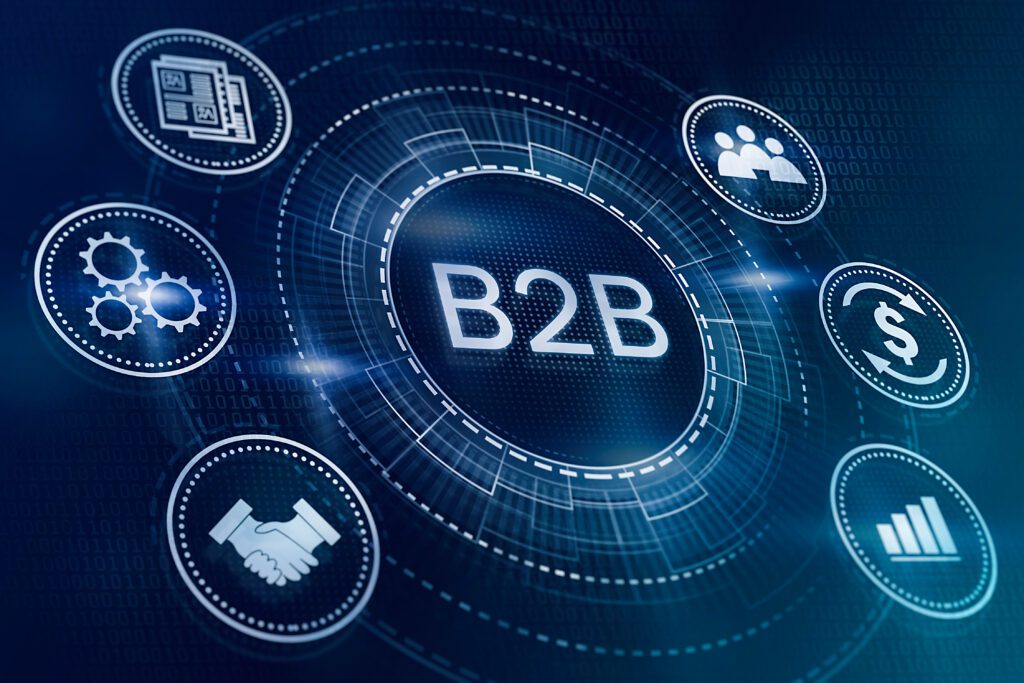B2B marketing is facing a new digital reality as AI-powered search engines rapidly alter how business buyers discover, evaluate, and engage with suppliers — often without clicking through to a company’s website. That’s the central warning in a new report from Forrester Research titled “Me
According to Forrester, tools like ChatGPT, Perplexity, Claude, and Google’s AI Overviews are ushering in a “zero-click” search era that threatens traditional inbound marketing. Buyers are increasingly getting answers directly within AI-generated summaries, bypassing the need to visit a vendor’s website altogether.
“B2B buyers are adopting AI-powered search at three times the rate of consumers,” Forrester writes, citing data from its 2024 Buyers’ Journey Survey. Much of that acceleration is fueled by employers, with 90% of organizations now using generative AI (genAI) in some aspect of their purchasing process.
The shift is already impacting traffic patterns. Google’s global search share recently dipped below 90% for the first time in 15 years, and AI-driven tools are gaining ground. In the B2B sector, AI-generated traffic now represents between 2% and 6% of total organic traffic and is growing at a rate of more than 40% per month. Forrester expects that figure to reach 20% or more by the end of 2025 — likely an undercount, given the limitations of current attribution technologies.
AI shift in B2B marketing
Yet Forrester urges marketers to view the trend not as a threat, but as a strategic opening.
“Zero-click search isn’t a problem — it’s an enormous opportunity,” the report emphasizes.
Buyers are consuming more content through AI platforms and arriving at vendor websites more informed, with higher intent to purchase.
Buyers referred by AI tools like ChatGPT are staying longer and engaging more deeply, the report finds. Neil Cohen, chief marketing officer of cybersecurity firm Kasada, notes that site visitors from AI platforms spend up to three times more time on-page than those from traditional search engines. Their queries are also more complex — averaging 15 to 23 words — and demand clear, trustworthy, and contextual responses.
To adapt, Forrester recommends a radical rethink of B2B messaging. Marketers must move beyond keyword stuffing to craft messaging that is bold, direct, and aligned with actual buyer questions. Testing messaging in genAI tools — and simulating how AI might respond to buyer prompts — should be a core part of this strategy.
Portfolio marketers also need to work closely with content, influencer, and customer success teams to boost visibility in AI-generated outputs.
“Content that is authentic, specific, and quotable is more likely to be cited in AI-generated responses,” Forrester notes.
The report further calls for expanding the scope of SEO into “generative engine optimization.” This includes building FAQs, comparison pages, and bite-sized expert content that aligns with the types of prompts AI systems are likely to receive from business users.
In a media landscape increasingly shaped by AI, B2B marketers will build brand visibility and trust less through homepage visits and more through presence within the AI tools buyers already trust. As Forrester concludes, “AI-powered search may represent the largest expansion of the media footprint since the advent of social media.”
Sign up
Sign up for a complimentary subscription to Digital Commerce 360 B2B News. It covers technology and business trends in the growing B2B ecommerce industry. Contact Mark Brohan, senior vice president of B2B and Market Research, at mark@digitalcommerce360.com. Follow him on Twitter @markbrohan. Follow us on LinkedIn, X (formerly Twitter), Facebook and YouTube.
Favorite